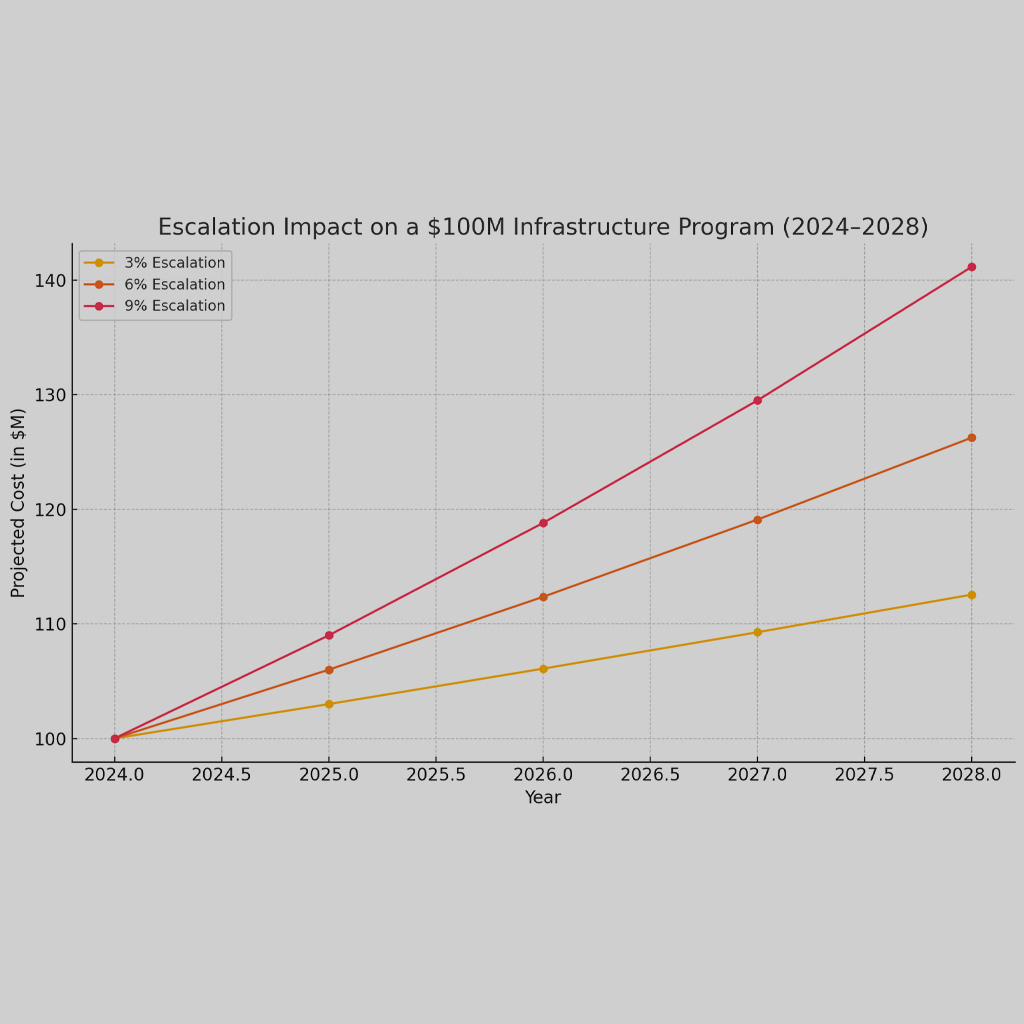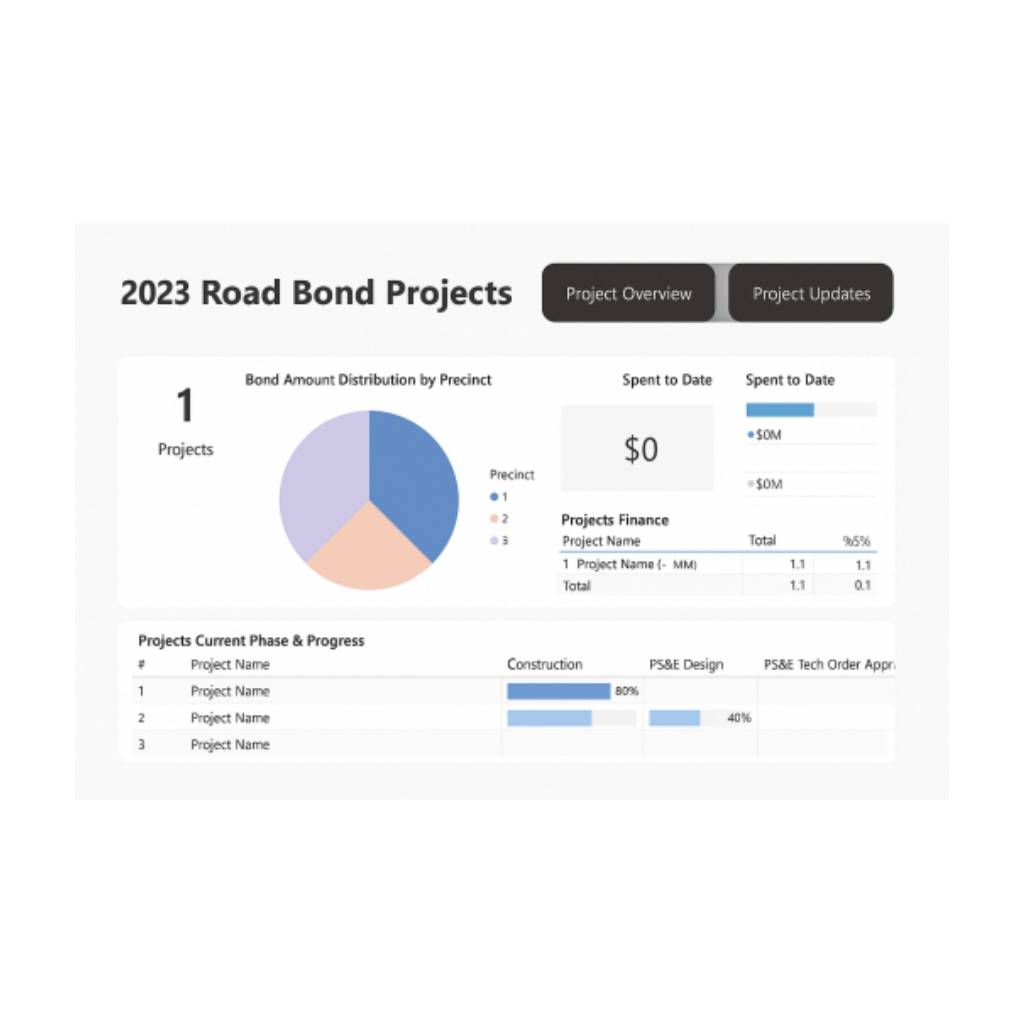“Without data, you’re just another person with an opinion.”
– W. Edwards Deming’
Welcome to the 21st Century Construction Industry – If It Can’t Be Measured, It Can’t Be Managed
The construction industry has long been synonymous with heavy equipment, hard hats, and on-site chaos. But as we stand in the 21st century, this dynamic sector is undergoing a quiet revolution. The old adage “if it can’t be measured, it can’t be managed” has never been more relevant. In today’s competitive environment, where predetermined design standards and stringent regulatory scrutiny are the norms, the real differentiators are project controls that meticulously manage schedules, budgets, compliance, vendor relationships, accountability, and transparency.
The Shift from Traditional Methods
Since World War II, the construction industry has seen notable improvements in materials and equipment. Innovations like reinforced concrete, advanced steel production, and modern machinery have allowed projects to be executed more safely and efficiently than ever before. However, these tangible advances tell only part of the story. The true game-changer has been the evolution of project management methodologies—specifically, the systematic measurement and management of every aspect of a construction project.
Historically, construction projects were driven by technical prowess, with a strong focus on engineering and design. While these elements remain essential, the industry’s landscape has dramatically shifted. In an era where margins are razor-thin and public accountability is paramount, the ability to track progress, predict outcomes, and adjust in real time has become critical. The modern construction project is as much about precision in data management as it is about bricks and mortar.
The Pillars of Modern Project Controls
- Schedules: In the 21st century, time is money. With construction projects involving hundreds of stakeholders and multiple subcontractors, a well-orchestrated schedule isn’t just a luxury—it’s a necessity. Modern scheduling techniques use digital tools that provide real-time updates and predictive analytics. This allows project managers to foresee potential delays and address them before they become costly overruns.
- Budgets: Financial discipline is no longer a side note; it’s at the core of every project’s success. Today’s projects employ sophisticated cost management software that tracks every dollar spent and compares it against forecasts. This proactive approach to budgeting ensures that funds are allocated efficiently, risks are mitigated early, and surprises are kept to a minimum.
- Compliance: With increasing regulatory oversight and community expectations, adherence to environmental, safety, and quality standards is non-negotiable. Modern project controls integrate compliance into every phase of a project, from planning to completion. Automated systems and regular audits help ensure that every regulation is met, reducing the risk of legal repercussions and fostering public trust.
- Vendor Management: In a world of global supply chains, managing vendors effectively is crucial. Today’s systems provide a transparent framework for evaluating vendor performance, ensuring that materials and services are delivered on time and meet quality standards. This not only reduces project delays but also builds lasting partnerships that benefit future projects.
- Accountability and Transparency: Perhaps the most significant shift in the modern construction industry is the emphasis on accountability and transparency. Stakeholders—ranging from investors to local communities—demand clear, accessible information about project progress and decision-making processes. Digital dashboards and integrated reporting systems allow real-time sharing of project data, fostering an environment where every participant can see the big picture and contribute to its success.
Why Measurement Matters
The mantra “if it can’t be measured, it can’t be managed” is more than just a catchy slogan; it encapsulates a fundamental shift in the way construction projects are executed. When every aspect of a project is quantified and monitored, it opens up a wealth of opportunities for continuous improvement. For example, by analyzing performance data across multiple projects, construction managers can identify recurring issues and implement strategies to address them. This data-driven approach leads to incremental improvements that, over time, have a profound impact on overall efficiency and quality.
Furthermore, in a market where competition is fierce, the ability to demonstrate measurable success is a key differentiator. Clients are increasingly seeking partners who can not only deliver projects on time and within budget but also provide verifiable evidence of their performance. The modern construction firm that embraces project controls sets itself apart by being able to show, in concrete terms, how it manages risks, optimizes resources, and ensures successful outcomes.
The Road Ahead
The future of construction is being built on a foundation of data and measurement. As digital tools continue to evolve, we can expect even more sophisticated systems that integrate artificial intelligence, machine learning, and big data analytics into every facet of project management. These advancements will further enhance the industry’s ability to predict challenges, optimize operations, and deliver projects that meet the high standards of the 21st century.
In conclusion, the construction industry is at a pivotal moment. While improvements in equipment and materials have laid the groundwork, the true revolution lies in the meticulous measurement and management of project controls. In an industry where every detail matters, those who harness the power of data will lead the way, setting new benchmarks for efficiency, accountability, and success. Welcome to the 21st century construction industry—a realm where precision and transparency are not just ideals, but the very tools that build our future.
At Front Line Advisory Group, we are pioneers in Capital Improvement Bond Management, leveraging unparalleled expertise and deep industry insights. Our mission extends beyond consultation – we empower our clients to realize the full potential of their investments, ensuring tax dollars are put to maximum use through astute Program Management Consulting. For more information or to commence your journey towards transformative bond management, reach out to us at Info FLAG













